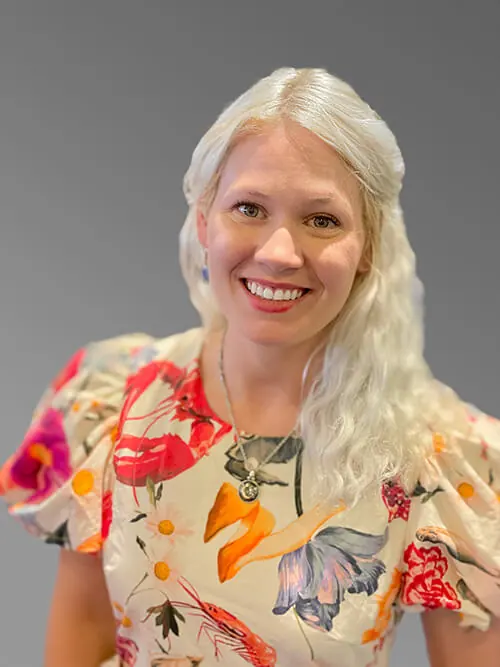
Philanthropy can be so much more than a series of knee-jerk reactions to individual donation requests. Being mindful of your potential impact—and the tangible benefits to your practice—can make giving much more rewarding.
By Sarah Miller, MPA
WHEN PEOPLE THINK of philanthropy, they most likely think of donating, volunteering, giving back in general. They often don’t fully appreciate philanthropy’s role as a smart business strategy. Dental practices that give will build trust with their community, enhance patient and employee loyalty and potentially increase their word-of-mouth referrals. Supported by numerous studies, the positive effects of philanthropy can extend to significant growth and success for dental practices. Let’s break down exactly why, and what you can do.
• Tax benefits. Contributions to qualified organizations are usually tax-deductible. Refer to the IRS or your tax professional for detailed guidelines, but in general, if you provide dollars or in-kind services warranting an in-kind donation receipt, you could qualify to claim a charitable tax deduction up to 60 percent of your adjusted gross income, within certain limits. Think carefully about how best to allocate your resources among donations of time, treatment and money.
• Great optics. Studies have shown that people are more likely to spend their dollars at companies they feel align with their values or that are conspicuously active in the community. Doing so fosters strong relationships and builds trust. And giving makes your brand more positively visible with audiences you might not be able to reach otherwise. Consider this when thinking about how giving can advance your marketing goals.
• Positive work environment. Studies also show that customers and employees are more likely to be loyal to philanthropic companies. There are also more opportunities for word-of-mouth referrals. Plus, employees carry a sense of pride when they see their organization’s name in public, becoming brand ambassadors. Make giving a way to ease the time and costs associated with employee recruitment and retention.
• Doing good feels good. Owning or managing a business is stressful, but charitable actions spur positive emotions. According to the Mayo Clinic, “Volunteers report better physical health than non-volunteers. Research shows volunteering leads to lower rates of depression and anxiety, especially for people 65 and older.” Can you put a price on feeling better and maybe even living longer?
If two practices compare in quality, charitable efforts in the community may be a powerful deciding factor for patients and prospective team members.
There are several ways to give back and enjoy all these benefits. A practice doesn’t need to donate huge money. Every little bit counts. To make it count even more, you can start by asking team members and patients directly if there are any local charitable organizations they’re passionate about. This way, every dollar and every hour your practice donates will have the most meaningful ripple effects, and your people will be extra-grateful.
If two practices compare in quality, charitable efforts in the community may be a powerful deciding factor for patients and prospective team members. When you add in the considerable fringe benefits—tax advantages, marketing and personal satisfaction—giving is a no-brainer for any dental practice. Just remember that every contribution should contribute to your overall strategy.
SARAH MILLER, MPA is executive director of the Dental Trade Alliance Foundation, a national oral health care foundation dedicated to increasing access to and education of oral health care and its impact on overall health. She holds a master’s of public administration and graduate certificate in nonprofit management. Visit dtafoundation.org to learn more about the foundation or to contribute.



